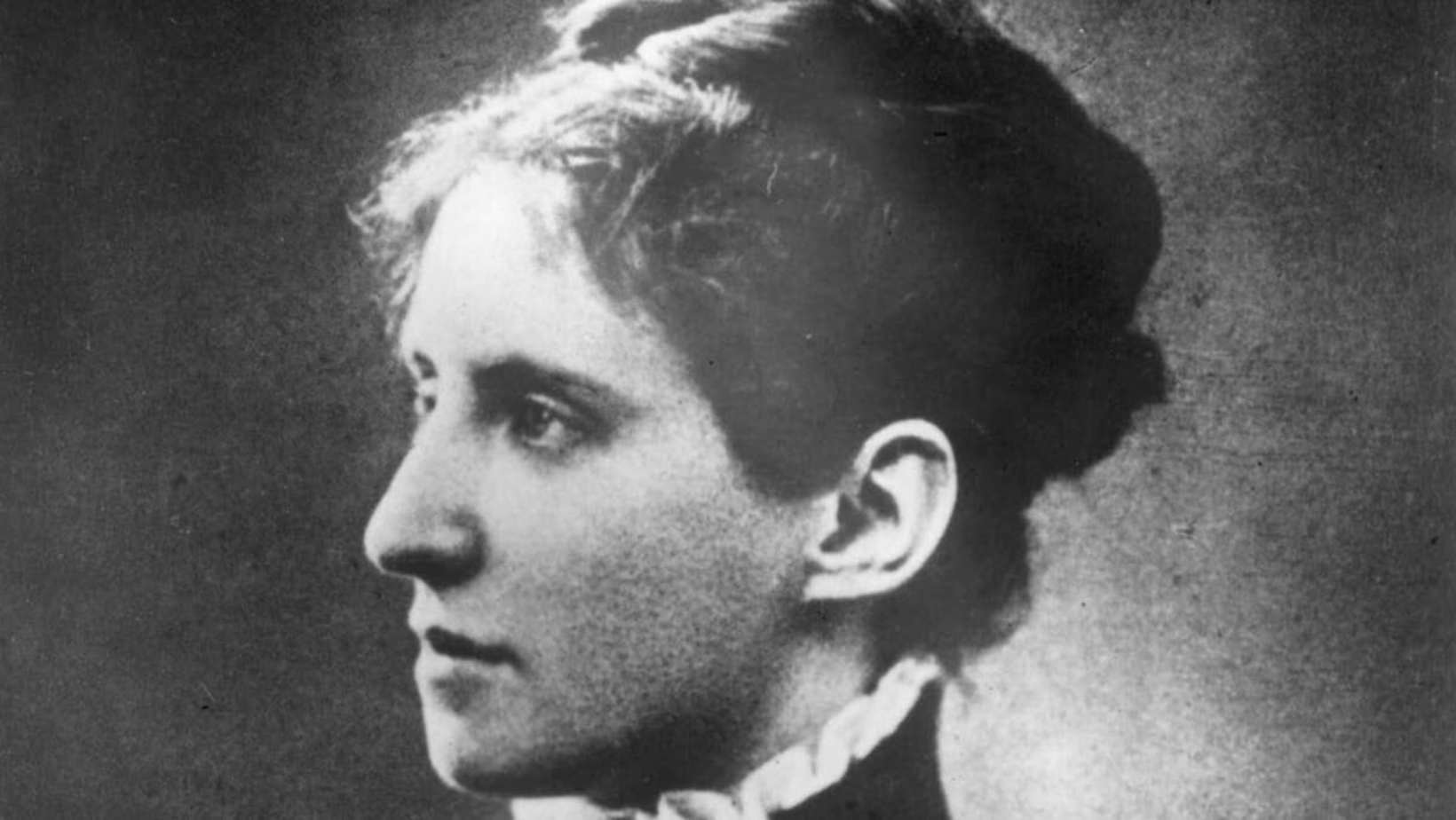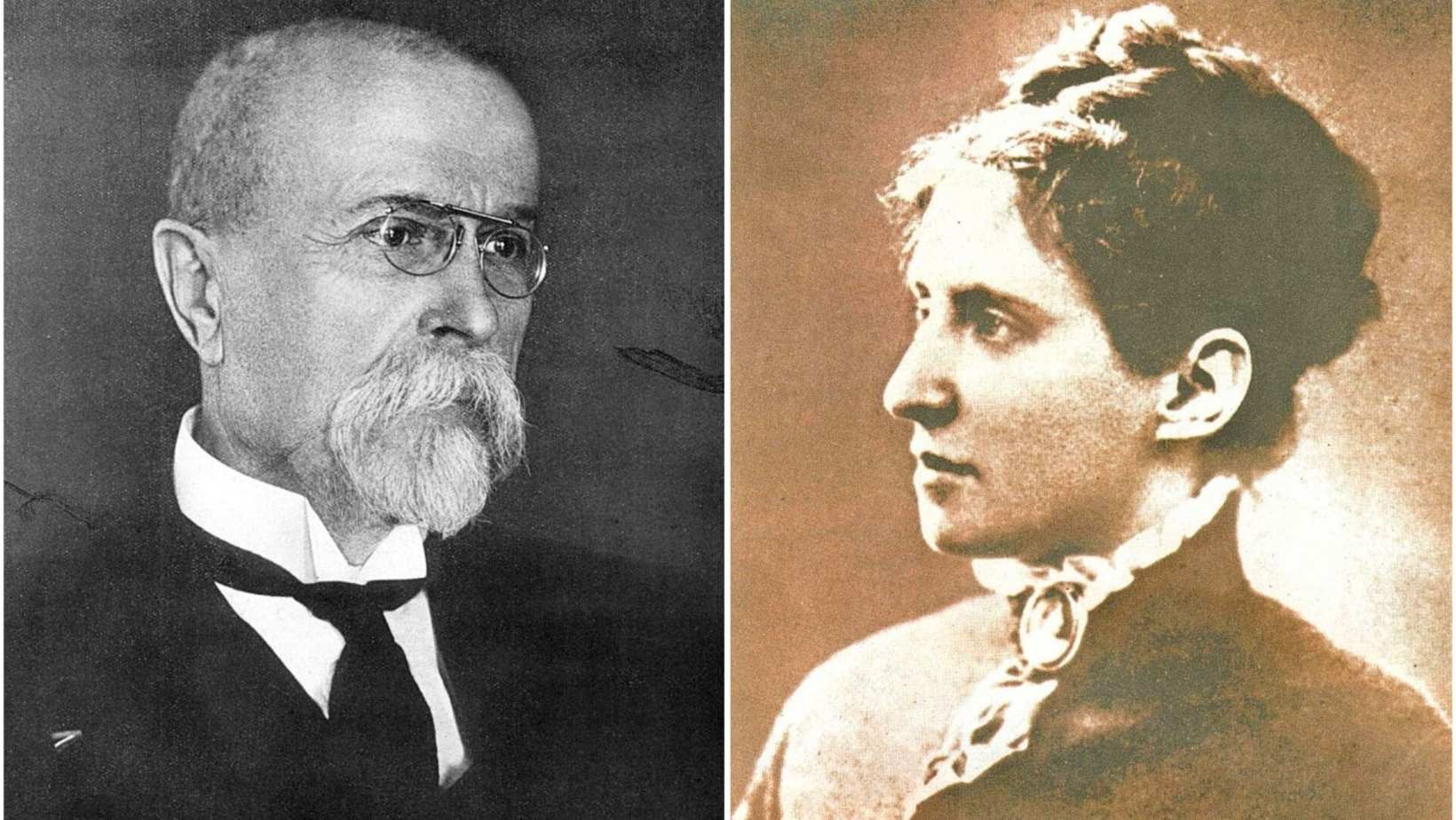"The Heart of Czechoslovakia": The Enduring Legacy of Charlotte Garrigue Masaryk
Prague Morning

On this day, November 20th, 1850, Charlotte Garrigue Masaryk, the American First Lady of Czechoslovakia, was born in Brooklyn, New York.
She was the daughter of Rudolph Garrigue, a successful businessman of Danish and German descent, and Charlotte Garrigue, for whom she was named. Charlotte was part of a progressive and loving family that valued education and equality, concepts that were far ahead of their time. These principles shaped Charlotte into a staunch advocate for women’s rights.
Affectionately called “Charlie” by her 10 siblings, showed an early passion for music. At 17, she traveled to Leipzig, Germany, to advance her studies. Despite her dedication, the intensive practice caused irreparable damage to her hands, forcing her to transition to teaching piano.
Undeterred, Charlotte continued her education in mathematics and the arts, demonstrating her resilience and thirst for knowledge.
In 1876, while in Leipzig, she met Tomáš Masaryk, a young student boarding with her family friends, the Georings. Their connection was instant, and the couple married at Charlotte’s parents’ home in the Bronx, New York. Inspired by her progressive ideals, Tomas adopted her maiden name as his middle name, becoming Tomáš Garrigue Masaryk.

A Partnership Built on Shared Ideals
The early years of their marriage were marked by financial struggles. Tomáš’s modest income as a lecturer in Vienna was their sole source of support until he secured a position as a philosophy professor at Charles University in Prague.
Despite their challenges, the Masaryks remained steadfast in their shared commitment to progressivism. Tomas’s defense of Leopold Hilsner, a Jewish man falsely accused of murder, sparked public outrage. However, Charlotte’s unwavering support helped the family endure these trials.
In 1918, Charlotte stood beside Tomáš as he became the founder and first president of Czechoslovakia. Far from a passive figure, she championed the rights of women and collaborated closely with her husband on many issues. \
Her advocacy extended to her daughters, ensuring they received higher education—a rarity for women at the time. Alice Garrigue Masaryk, their eldest daughter, became one of the first Czech women to attend university, a testament to Charlotte’s influence.
Tomáš often credited Charlotte for inspiring his feminist policies, acknowledging her as an intellectual and emotional partner. Her contributions to the national revival and her belief in the role of women in politics left an indelible mark on Czechoslovakia.

Challenges and Legacy
World War I brought immense suffering to Charlotte. As Tomáš fled to Switzerland to lead the independence movement, Charlotte endured the horrors of war alone. Her health deteriorated under the strain of her son Herbert’s death, her daughter Alice’s imprisonment, and her son Jan’s forced conscription into the Austrian army.
Though Tomášomas returned triumphantly after the war, Charlotte’s health never recovered. She lived her final years in seclusion, passing away in 1923.
Even after her death, Tomas’s devotion to Charlotte remained evident. He often reflected on her profound impact on his life and work, famously declining to reveal the personal details of their relationship in his memoirs, Talks With T.G. Masaryk.
Charlotte Garrigue Masaryk’s legacy endures as a trailblazer for women’s rights and a symbol of resilience. Her advocacy continues to inspire generations of women worldwide.
Would you like us to write about your business? Find out more
-
NEWSLETTER
Subscribe for our daily news









